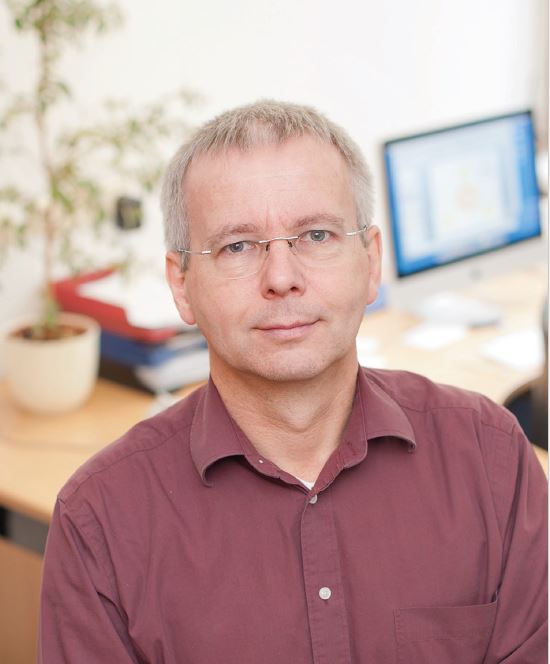Here you can find detailed profiles of DKTK faculty members with programm specification and research focus in the Researcher Database. Find contacts of all DKTK scientists at the DKTK intranet
Researcher Database

Prof. Dr. Ralf Küppers
Universitätsklinikum Essen
Virchowstr. 173
45122 Essen
Program
Exploitation of Oncogenic Mechanisms (EOM)
Summary
Lymphoma pathogenesis
Our group is interested in normal B cell differentiation in the human and the pathogenesis of human B and T cell lymphomas. The current work on normal B cells is focused on the genetic and functional characterization of human CD5-positive and memory B cell subsets. We study the clonal composition of the memory B cell compartment and distinct functions of IgM and IgG memory B cells. The current work on lymphoma pathogenesis encompasses studies on Hodgkin lymphoma, CLL, T cell lymphomas, and several other lymphoma entities. We perform genetic studies, including next generation sequencing, to identify genetic lesions in lymphomas. We perform global gene expression studies comparing lymphoma cells to their normal counterparts for the identification of the cell of origin and deregulated genes. We test selected genes in functional studies with lymphoma cell lines for their pathobiological relevance. We study the impact of hepatitis C virus on B cell transformation.